Navigating Petroleum Marine Services in Global Shipping
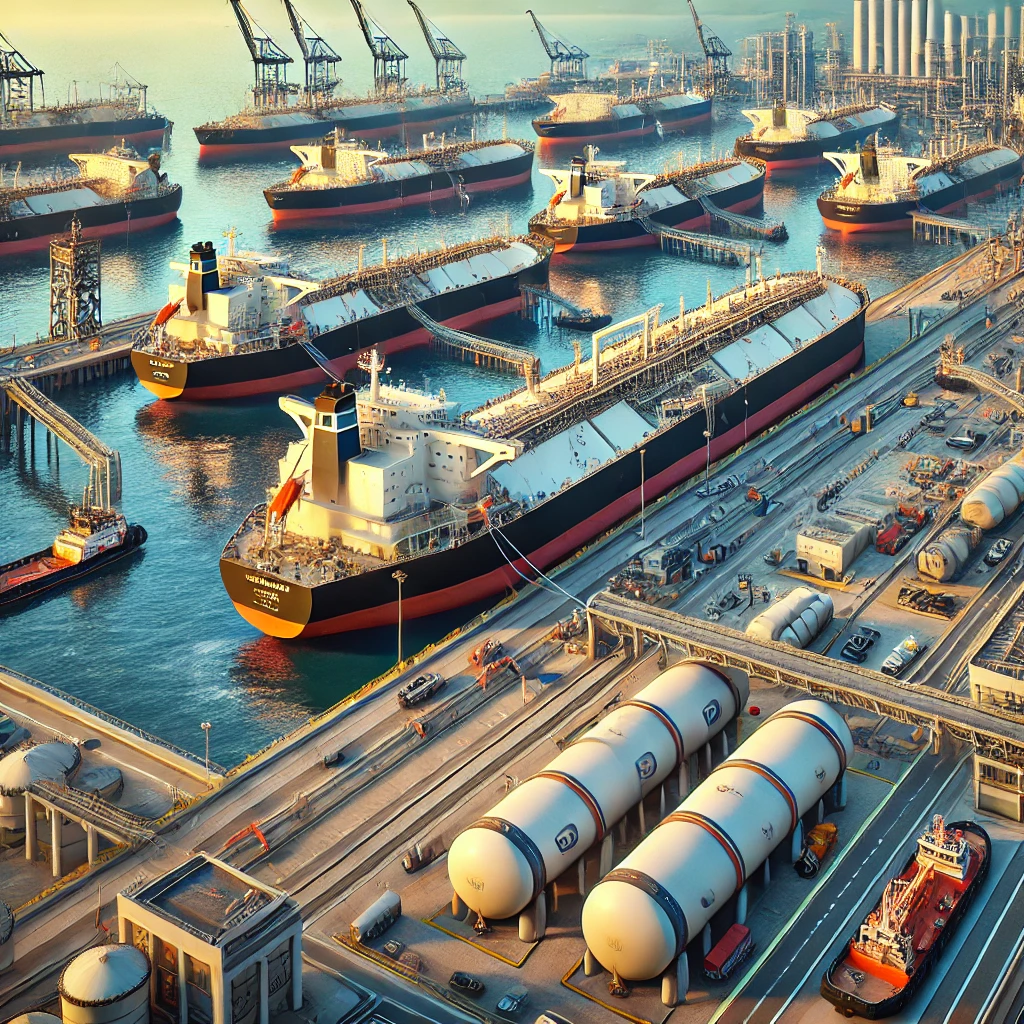
Understanding Petroleum Marine Services
Petroleum marine services encompass a wide range of activities related to the transportation of oil and gas products by sea, including:
- Crude oil shipping
- Refined product transportation
- LNG carriers
- Offshore support services
- Bunkering operations
- Marine terminal management
Types of Vessels
- Oil Tankers:
- Very Large Crude Carriers (VLCCs)
- Suezmax tankers
- Aframax tankers
- Panamax tankers
- Product Tankers:
- Long Range (LR) tankers
- Medium Range (MR) tankers
- Handysize tankers
- LNG Carriers:
- Membrane type
- Moss type
- Offshore Support Vessels:
- Platform Supply Vessels (PSVs)
- Anchor Handling Tug Supply (AHTS) vessels
Key Players in Petroleum Marine Services
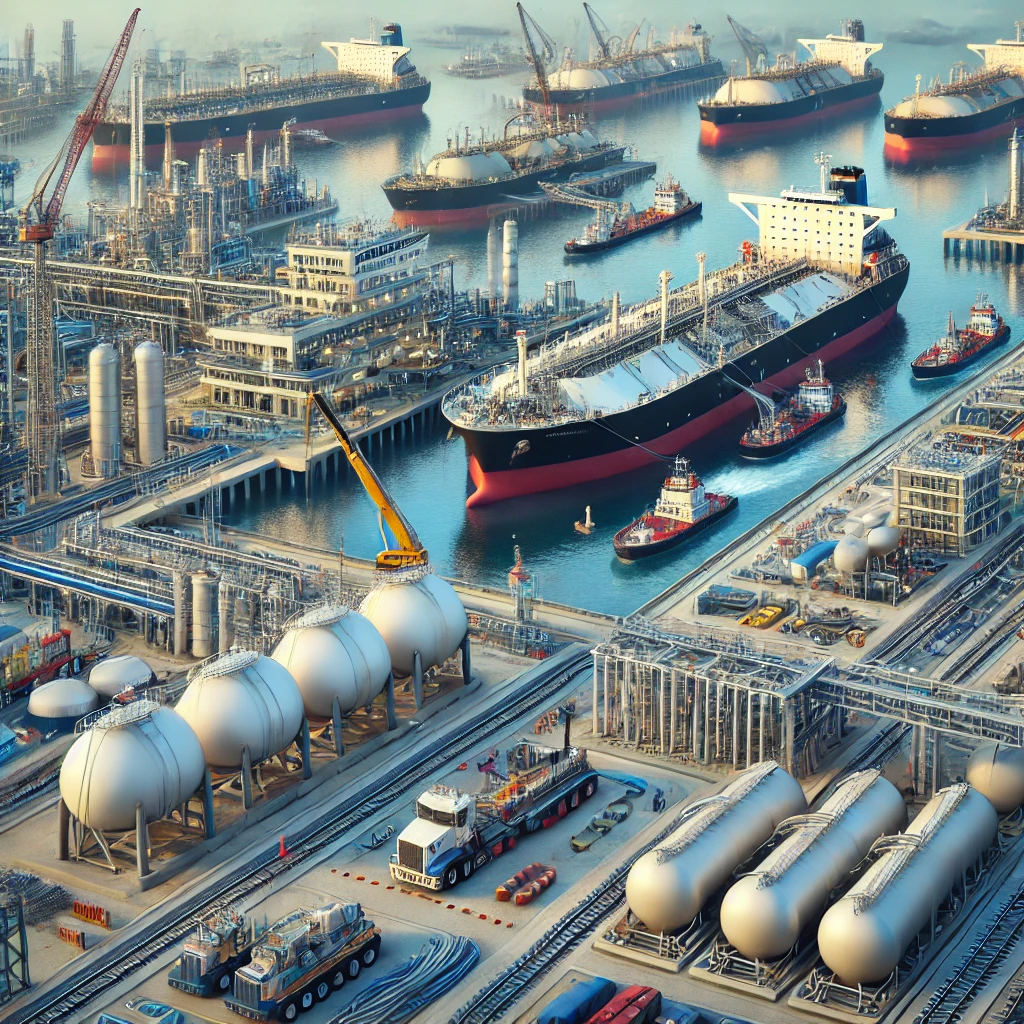
- Ship owners and operators
- Oil and gas companies
- Trading houses
- Port and terminal operators
- Classification societies
- Maritime regulatory bodies
Challenges in Petroleum Marine Services
- Environmental Regulations:
- IMO 2020 sulfur cap
- Ballast water management
- Greenhouse gas emissions reduction
- Safety Concerns:
- Oil spill prevention
- Fire and explosion risks
- Piracy and security threats
- Market Volatility:
- Fluctuating oil prices
- Geopolitical tensions
- Supply and demand imbalances
- Technological Advancements:
- Digitalization of operations
- Autonomous shipping
- Alternative fuels and propulsion systems
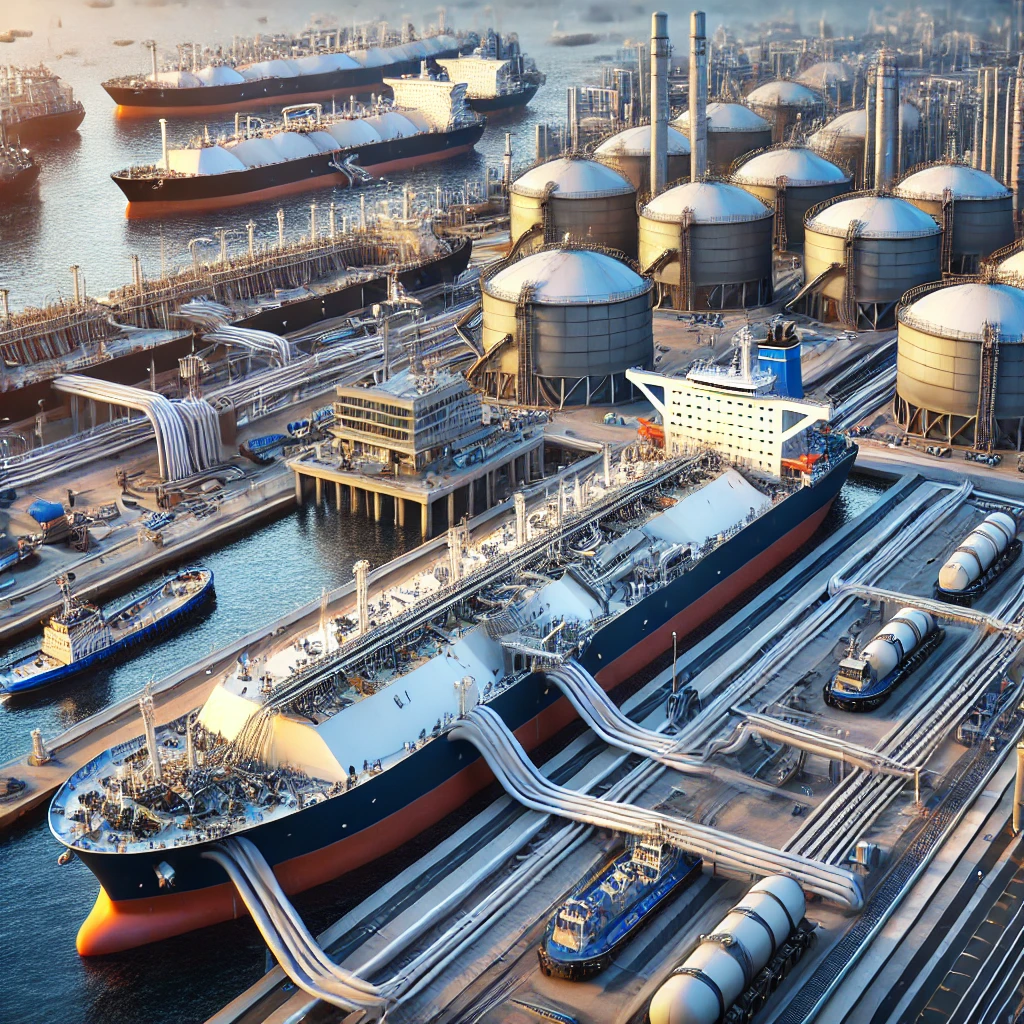
Best Practices in Petroleum Marine Services
- Stringent Safety Protocols:
- Regular safety drills and training
- Implementing Safety Management Systems (SMS)
- Adhering to International Safety Management (ISM) Code
- Environmental Stewardship:
- Investing in eco-friendly technologies
- Implementing energy efficiency measures
- Proper waste management and pollution prevention
- Crew Management:
- Ensuring proper certification and training
- Implementing fatigue management systems
- Promoting a safety-first culture
- Vessel Maintenance:
- Regular dry-docking and inspections
- Preventive maintenance programs
- Compliance with class society requirements
- Operational Efficiency:
- Route optimization
- Just-in-time arrival practices
- Efficient cargo handling and turnaround times
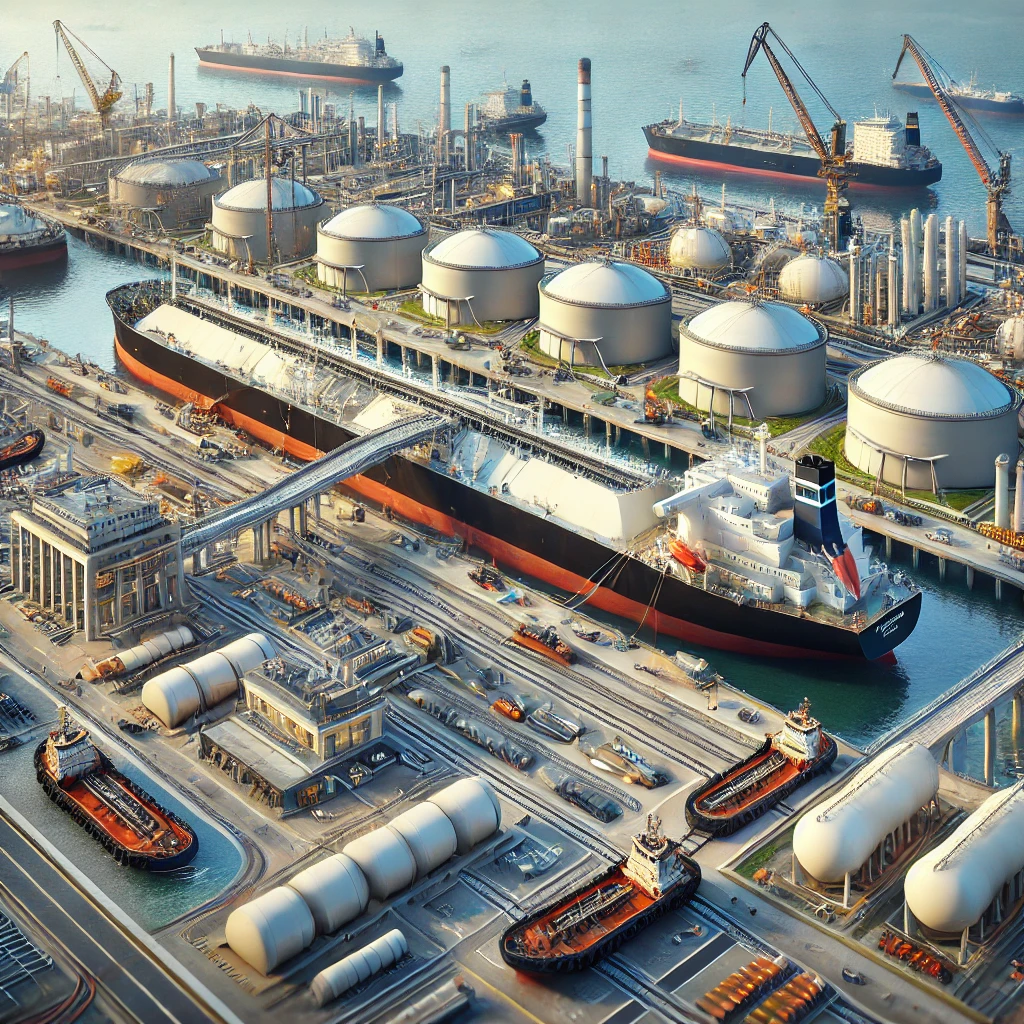
Emerging Trends in Petroleum Marine Services
- LNG as a Marine Fuel:
- Growing adoption of LNG-powered vessels
- Development of LNG bunkering infrastructure
- Digitalization and Data Analytics:
- IoT-enabled vessel monitoring
- Predictive maintenance
- Big data for operational optimization
- Green Shipping Initiatives:
- Exploration of alternative fuels (hydrogen, ammonia)
- Wind-assisted propulsion technologies
- Carbon capture and storage systems
- Cybersecurity Focus:
- Enhanced vessel cybersecurity measures
- Secure communication systems
- Crew training on cyber threats
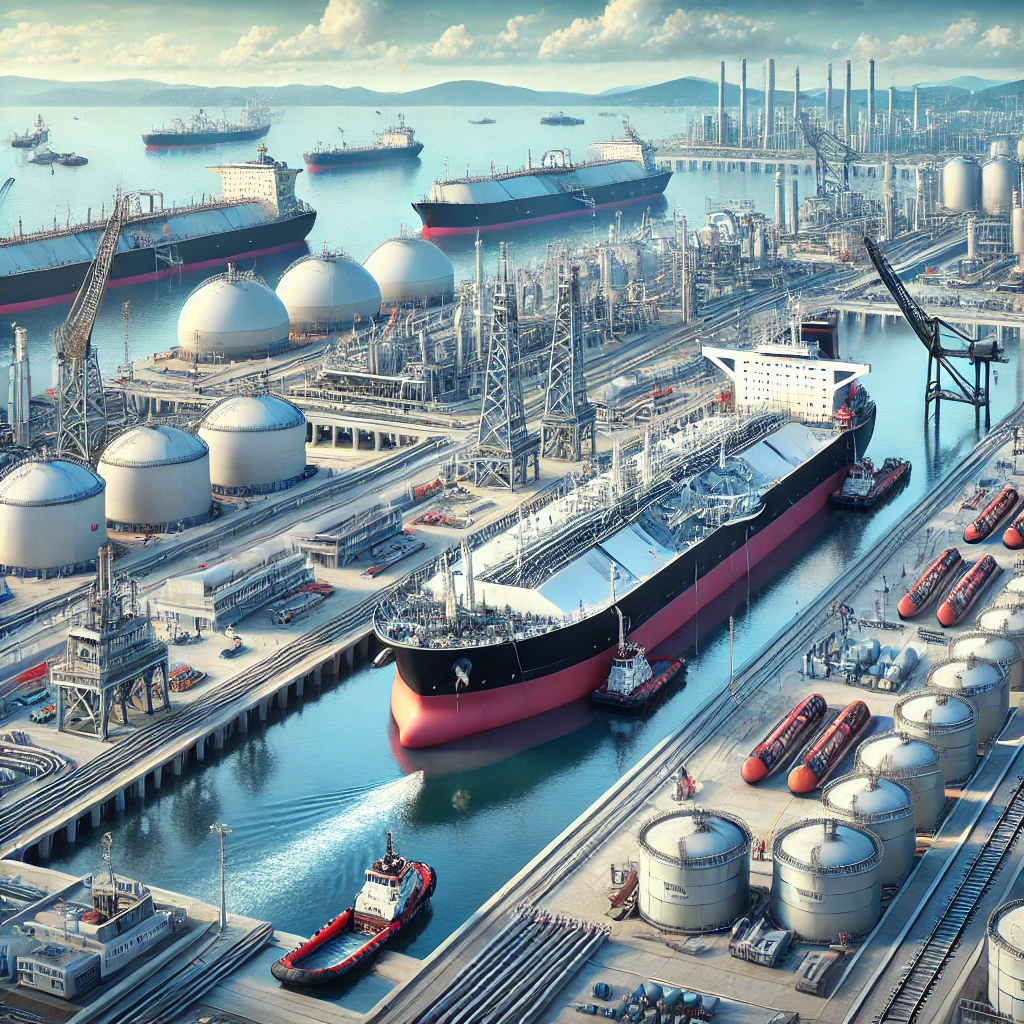
Regulatory Landscape
- International Maritime Organization (IMO) Regulations:
- MARPOL Convention for pollution prevention
- SOLAS Convention for safety of life at sea
- STCW Convention for training and certification standards
- Regional Regulations:
- EU Emissions Trading System (ETS)
- US Coast Guard requirements
- Local port state control inspections
- Industry Standards:
- OCIMF’s Tanker Management and Self Assessment (TMSA)
- Oil Companies International Marine Forum (OCIMF) guidelines
- Society of International Gas Tanker and Terminal Operators (SIGTTO) standards
Future Outlook
The petroleum marine services sector is poised for significant transformation driven by:
- Decarbonization efforts
- Technological advancements
- Changing global energy landscape
Adapting to these changes while maintaining safety, efficiency, and profitability will be key for stakeholders in the industry.
Conclusion
Petroleum marine services are an integral part of the global energy supply chain, facing both challenges and opportunities in an evolving landscape. By embracing best practices, staying abreast of regulatory changes, and leveraging emerging technologies, companies in this sector can navigate the complexities of global shipping and contribute to a more sustainable and efficient energy future.
For companies involved in petroleum marine services looking to optimize their operations, Linbis offers advanced software solutions. Our platform can help streamline vessel management, enhance safety protocols, and improve operational efficiency in the petroleum shipping industry. To learn more about how Linbis can support your, contact us today for a personalized demonstration.
